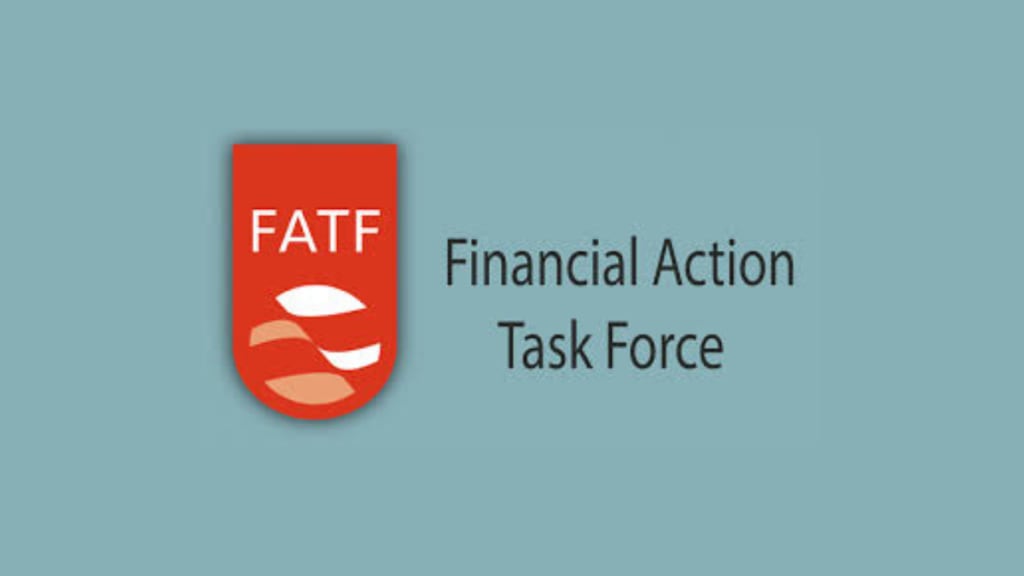By Subhash Jangala
The Financial Action Task Force (FATF), established in 1989, is the global money laundering, terrorist financing and proliferation financing watchdog. The inter-governmental body sets international standards which can be used by countries to regulate financial industries. These standards help authorities find, freeze and confiscate the money of criminals involved in serious crime including the proliferation of nuclear weapons. More than 200 countries and jurisdictions have committed to implement the FATF standards.
FATF’s mandate has slowly expanded over time. The original FATF Forty Recommendations were drawn up in 1990 as an initiative to combat the misuse of financial systems by persons laundering drug money. In 1996, the Recommendations were revised for the first time to broaden their scope well beyond drug-money laundering. In October 2001 the FATF expanded its mandate to deal with the issue of the funding of terrorist acts and terrorist organisations. In 2008, the FATF’s mandate was expanded to include dealing with the financing of proliferation of weapons of mass destruction.
As the Russia – Ukraine conflict enters the third year, the threat of the use of nuclear weapons has hovered over the world. The rhetoric around nuclear weapons and their use is probably the highest in decades. With close to 3000 deployed warheads between the US and Russia, there is enough reason to look at international efforts at preventing and combating proliferation of nuclear weapons.
The FATF defines proliferation financing as the act of providing funds or financial services for the manufacture, acquisition, possession, development, export, transshipment, brokering, transport, transfer, stockpiling or use of nuclear, chemical or biological weapons and their means of delivery and related materials, in contravention of national laws or international obligations.
In April 2024, the Ministers of the Financial Action Task Force reaffirmed their commitment to prevent and combat, among other types of financial crime, the financing of proliferation of weapons of mass destruction (termed as Combating Proliferation Finance or CPF). This reaffirmation was backed by several commitments which included,
a. Increase in funding for CPF activities
b. Assisting countries in strengthening their CPF regimes
c. Effective implementation of standards to regulate the use of virtual assets in Proliferation Financing
d. A comprehensive update on the terrorist financing methods and trends.
e. Incorporating principles of CPF in Central Bank Digital Currencies
The Financial Action Task Force (FATF) publishes a list called “jurisdictions under increased monitoring,” also known as the grey list. The countries on this list are identified as those which have weaknesses in their anti-money laundering, counter-terrorism financing or combating proliferation financing regimes. Such weaknesses include insufficient laws, regulations or enforcement mechanisms to combat financial crimes. A 2021 study conducted by the International Monetary Fund (IMF) found that on average, countries grey-listed experienced reduced capital inflows resulting in 7.6% decline in the Gross Domestic Product (GDP). This is a consequence of reputational damage, increased transaction costs, longer times required to process transactions occasioned by enhanced checks, among others, thereby discouraging foreign direct investment. This shows the significant relevance of the grey-list to discourage states from providing havens to laundering, terrorism and proliferation regimes.
To achieve global implementation of the FATF Recommendations, the FATF relies on a strong global network of FATF-Style Regional Bodies (FSRBs), in addition to its own 40 members, which includes India. The nine FSRBs play an important role in promoting the effective implementation of the FATF Recommendations by their membership and in providing expertise and input in FATF policy-making. For example, Europe’s FSRB is MONEYVAL, The Committee of Experts on the Evaluation of Anti-Money Laundering Measures and the Financing of Terrorism. MONEYVAL is a permanent monitoring body of the Council of Europe entrusted with the task of assessing compliance with the principal international standards to counter money laundering and the financing of terrorism and the effectiveness of their implementation.
One notable success of the FATF is the case of the Khan network, where FATF’s guidance on suspicious transaction reporting aided in uncovering financial flows supporting Pakistan’s nuclear program. FATF’s country-based focus, continuous review of country performance and recommendations for improvement are key to achieving a world free of proliferation of nuclear weapons.
The author is an officer in the Indian Revenue Service.
(Disclaimer: Views are personal and do not represent those of the Government of India. Nor does it reflect the official position or policy of Financial Express Online. Reproducing this content without permission is prohibited.)


